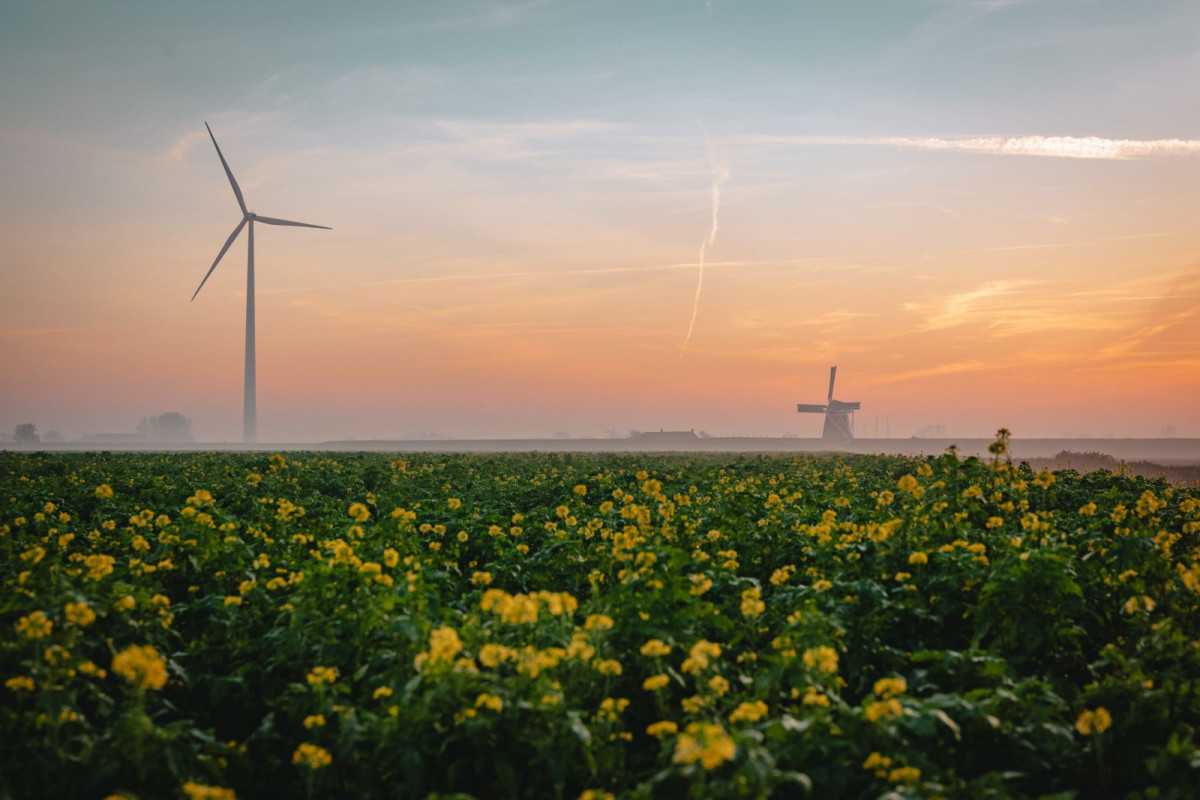RESEARCH TOUR – Farmers, populism & climate action: Lessons from post-election Netherlands for the EU’s future agriculture and climate policies
Context: Which climate and energy topics were important in the election?
One of the main election issues was the future of agriculture and specifically the very high deposition of reactive nitrogen compounds. The Netherlands is the second largest exporter of agricultural products in the world after the United States. Agriculture is responsible for 15 percent of the country’s carbon emissions and plays a major role in its rising nitrogen pollution, together with the dense population and heavy traffic. The Netherlands’ nitrogen strategy contains measures for industry, agriculture, transport and the construction sector to reduce nitrogen deposition and improve the quality of nature. Nitrogen issues have triggered strong opposition to the EU Nature Restoration Law, as national politicians fear that new regulations could hamper economic activities, as they did during the so-called nitrogen crisis in 2019. While farming is one of the sectors most vulnerably affected by global warming worldwide, around 20 percent of the world’s greenhouse gas emissions still come from agriculture and land use activities.
For more information on the Dutch election outcome, including party stances, read CLEW's factsheet here.
What will happen next?
Even though the right-wing and populist PVV became the biggest party in the elections on 22 November, coalition forming can take months. A new government will have the difficult task to reduce nitrogen emissions, which are currently threatening nature areas. Meanwhile, the European Parliament, the Commission and the Council have agreed, after intense negotiations, on the Nature Restoration Law. The law has been under attack by populist parties all over Europe and also by parts of the mainstream conservative European People's Party (EPP), which especially oppose the requirement "to renature 10 percent of farmland." The law will now have to go through a final plenary vote in the European Parliament and will then have to be implemented by each member state.
Join CLEW’s research tour
A group of 16-20 journalists based in Europe will get the chance to take part in a tailor-made visit to the Netherlands. After a general introduction to the country’s contemporary history and politics, they will participate in face-to-face meetings with selected experts and politicians and will get the chance to establish direct contacts with politicians, experts and community leaders with different points of view and agendas. They will discuss Dutch domestic political issues and will assess the effects on the country of the EU Green Deal, the Nature Restoration Law and related policies. In Brussels, they will meet journalists and MEPs and will get guidance from the EP’s Media Services Unit for their future research.

